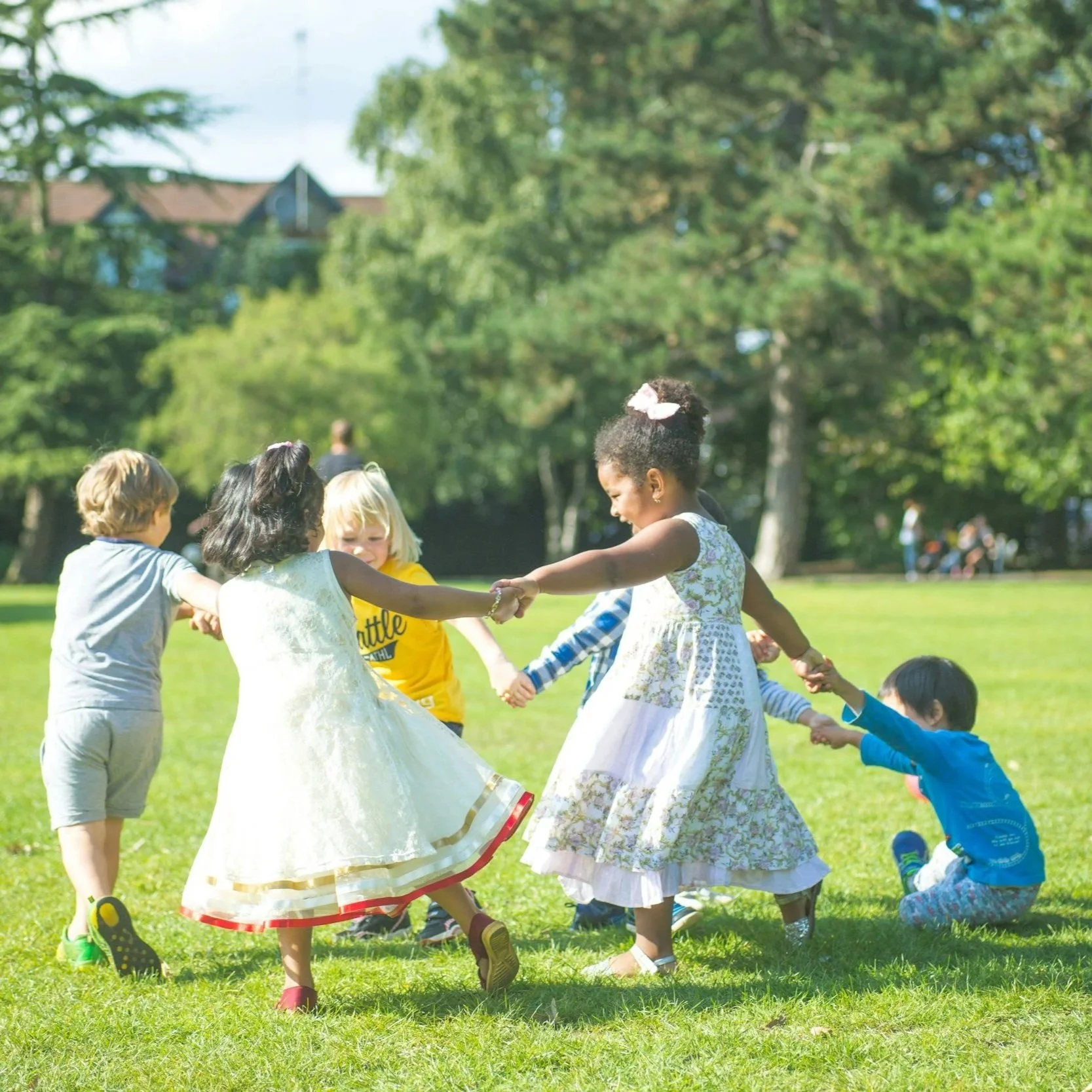
Explore justice, equity, and belonging resources for educators, administrators, and stakeholders.
Need a inspiration to deepen your inclusion and belonging practices in your work?
Our resource collection is available to support early childhood professionals across all roles.
“Belongingness entails an unwavering commitment to not simply tolerating and respecting difference, but to ensuring that all people are welcome and feel that they belong.”
-John A. Powell
The Justice, Equity, and Belonging Collaborative was created as a space for ECCLA staff to reflect and grow together.
What began as an internal space for growth turned into an opportunity to share our learning with our member Early Childhood Councils and others in our early childhood community. Since its conception in 2022, the Justice, Equity and Belonging (JEB) Collaborative has presented at conferences, hosted book studies, and created resources to help others.
In October 2025, the JEB Collaborative transitioned into a community of practice for staff within the Early Childhood Council System.
Why justice, equity, and belonging?
Our little team thought long and hard about our purpose, and how that could be reflected in the name of our project. We felt that justice, equity, and belonging accurately reflected our long-term hopes and goals for early childhood.
Justice refers to fairness in terms of the distribution of benefits and burdens in society. In a just society, everyone is treated fairly and no one is discriminated against or unfairly disadvantaged. Justice means dismantling barriers (racism, classism, sexism, ableism, and other ‘isms’) and rebuilding the system to make it equitable for everyone.
Equity refers to fairness in terms of resources, opportunities, and treatment. It focuses on ensuring that individuals have access to the same resources and opportunities regardless of their starting point. Equity means using resources to adapt to a broken or unjust system. As stated by The Avarna Group, “Equity is the approach. Equality is the outcome.”
Belonging refers to creating a sense of connectedness, acceptance, and inclusion. It involves creating an environment where people feel valued, respected, and supported for who they are. To create belonging, we must center, value, and amplify the voices, perspectives, and experiences of those who experience more barriers based on their identities.
